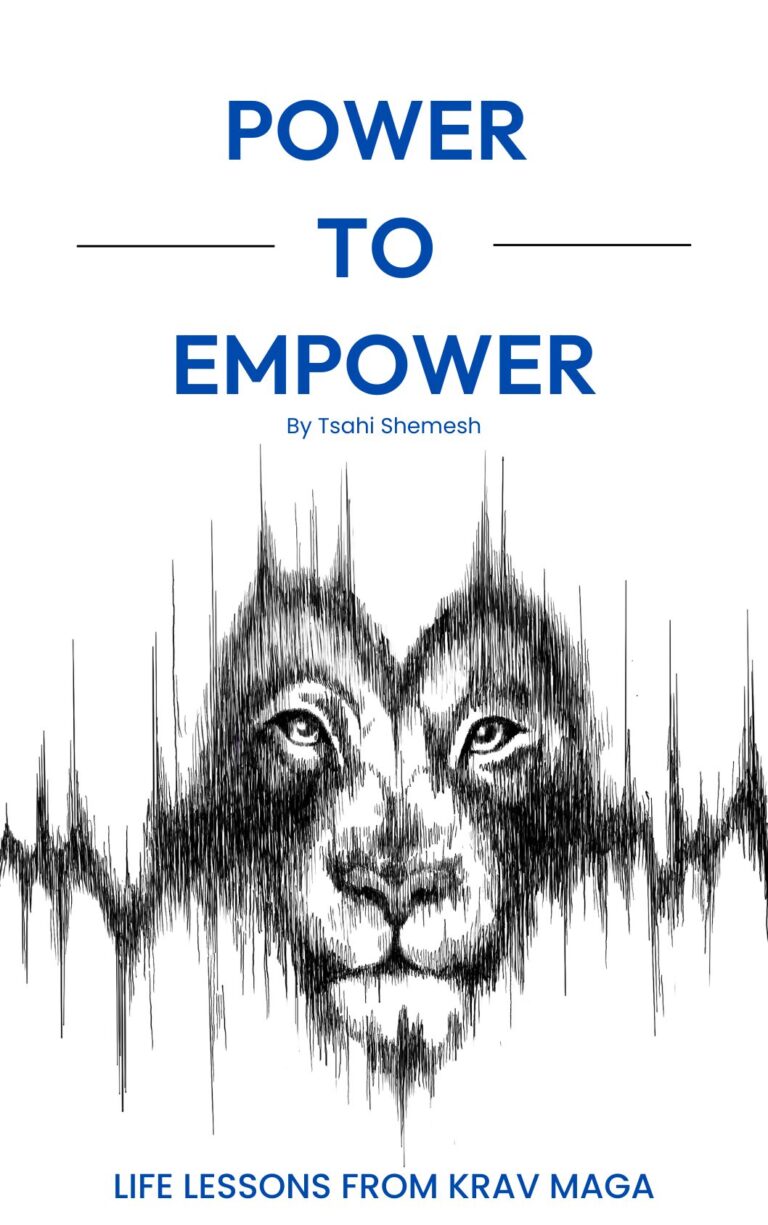The Rare Journey to Black Belt: What It Takes to Succeed in Full-Contact Martial Arts
You’ve probably heard it before: “A black belt is a white belt that never quit.” It’s a simple statement, but it holds a profound truth about what it takes to master full-contact martial arts. The way to mastery is not just about learning techniques or mastering physical movements; it’s about embracing a mindset that most people shy away from—a mindset that sets the 1% apart from the rest.
We all envision ourselves as better people in the future—exercising more, being kinder, eating healthier, and learning a new language. We plan to start tomorrow. But only a few of us actually do.
I often remind myself and others: You must find reasons to change, not excuses to procrastinate.
As a Krav Maga instructor, I teach discipline, mindset, and physical skills, which are all a part of the umbrella of self-defense. Over the years, I’ve heard nearly every excuse in the book for why people don’t pursue their goals. I hope you won’t find yourself among them.
The Physical Demands: Fear of discomfort and pain
Full-contact martial arts require more than just showing up for practice; they demand everything you’ve got. The physical toll is immense. Every punch, every kick, every time you give your best, you push your body to its limits. Injuries aren’t just possible—they’re inevitable. Most people, when confronted with the pain and the risk of injury, choose to step back. They struggle to distinguish between “good pain” and “bad pain.” Seeing the bruises, feeling the sore muscles, and dealing with the recovery times, they often decide it’s not worth it.
But to be the 1%, you have to accept these challenges as part of the journey. You have to push beyond the discomfort. Growth is a fruit that only grows outside the comfort zone. It’s about doing the hard things because you know the results will be worth it. The resilience to come back to the mat after every injury and to fight through the pain are what separates those who achieve a black belt from those who don’t.
Mental Toughness: The biggest battle is within us
Physical strength is essential, but it’s not enough. The real battle in learning how to fight, is firstly fought in the mind. Pain tolerance, mental resilience, and the ability to keep going when everything inside you is asking to stop—these are the traits that define the 1%. It’s about finding reasons to keep going and staying focused on the goal, not about finding excuses.
Most people don’t reach a black belt because they lack the mental toughness to endure the setbacks and challenges that inevitably come. They don’t want to deal with the failures, the losses, the frustration of not getting a technique right. They want the glory without the grind. But to be the 1%, you have to embrace the grind. You have to love the process of getting better, even when it’s painful, even when progress seems slow.
Time Commitment: Not willing to make necessary sacrifices
Achieving a black belt takes time—years of consistent, dedicated practice. It requires a level of commitment that most people aren’t willing to give. Life is full of distractions, responsibilities, and competing priorities. It’s easy to let your training slide when you’re tired, when work gets busy, or when you’d rather be doing something else.
But to be the 1%, you have to make sacrifices. You have to be willing to put in the hours, day after day, week after week, year after year. You have to train when you don’t feel like it, when you’re exhausted, when it’s inconvenient. Because you understand that the time you invest now will pay off in the results you achieve later.
Skill Acquisition: The fastest way to learn is slowly
Full-contact martial arts are not easy to master. The techniques are complex, and the strategies intricate. It takes countless hours of practice to develop the skills necessary to reach a black belt. Many people get frustrated when they don’t see immediate progress. They give up when the techniques get too difficult and when sparring becomes too intense.
But to be the 1%, you have to embrace the challenge. You have to love the complexity, the constant learning, the never-ending pursuit of mastery. You have to be willing to fail, to make mistakes, to get back up and try again. Because you know that each failure brings you one step closer to success.
The Unseen Factors: Talent and access
Let’s face it—natural talent plays a role. Not everyone has the same physical abilities or the same aptitude for learning complex techniques. Access to quality training, the right instructors, and the right environment can make a huge difference.
But to be the 1%, you don’t rely on talent alone. You make the most of what you have. You seek out the best training you can find, you surround yourself with people who will push you to be better, and you work harder than anyone else. Because you know that talent might give someone a head start, but it’s hard work and perseverance that will get you across the finish line.
The Essence of Being the 1%
So why do so few people reach a black belt in full-contact martial arts? Because it requires more than just showing up. It requires a mindset that most people don’t have. It requires a willingness to do what others won’t, to embrace discomfort, to push through pain, to make sacrifices, and to commit to the long, hard journey to mastery.
To be the 1% is to understand that there are no shortcuts to greatness. It’s about doing the things you don’t like to achieve the results you’ll love. It’s about refusing to settle for mediocrity, about striving for excellence in everything you do. It’s about setting a standard for yourself that is higher than what others expect of you.
Ask yourself: Are you willing to be the 1%? Are you willing to do what others won’t to achieve what others can’t? The journey to a black belt is a test of your physical, mental, and emotional limits. But if you choose to walk this path, you will find that the rewards are worth every ounce of effort.
Be the 1%. Be the one who refuses to quit, who embraces the struggle, who pushes beyond the limits. This is the way of the black belt. This is the way of those who achieve greatness.
Do the things you don’t like if you want to like the results.
Do something amazing
Tsahi Shemesh
Founder & CEO
Krav Maga Experts

